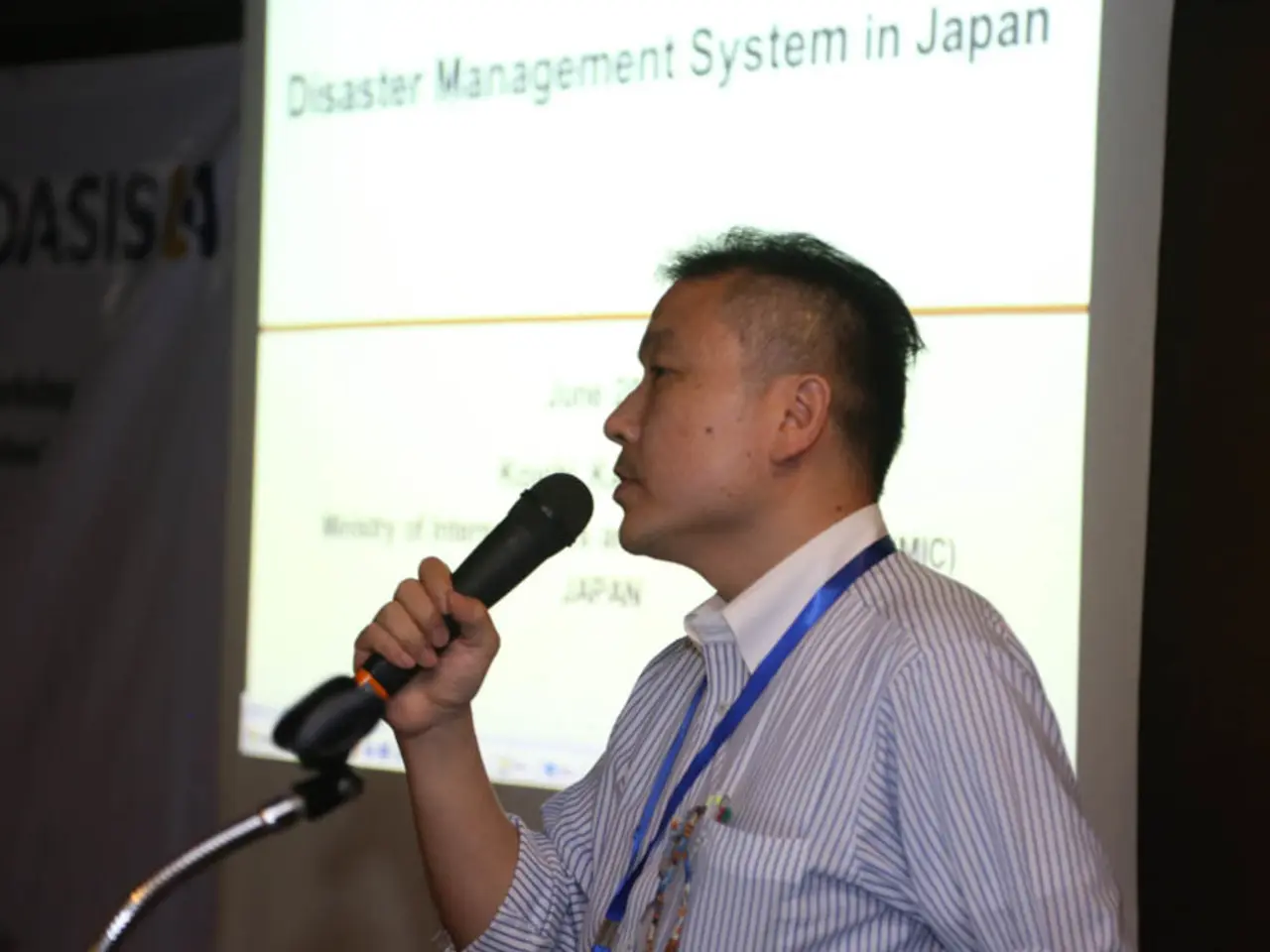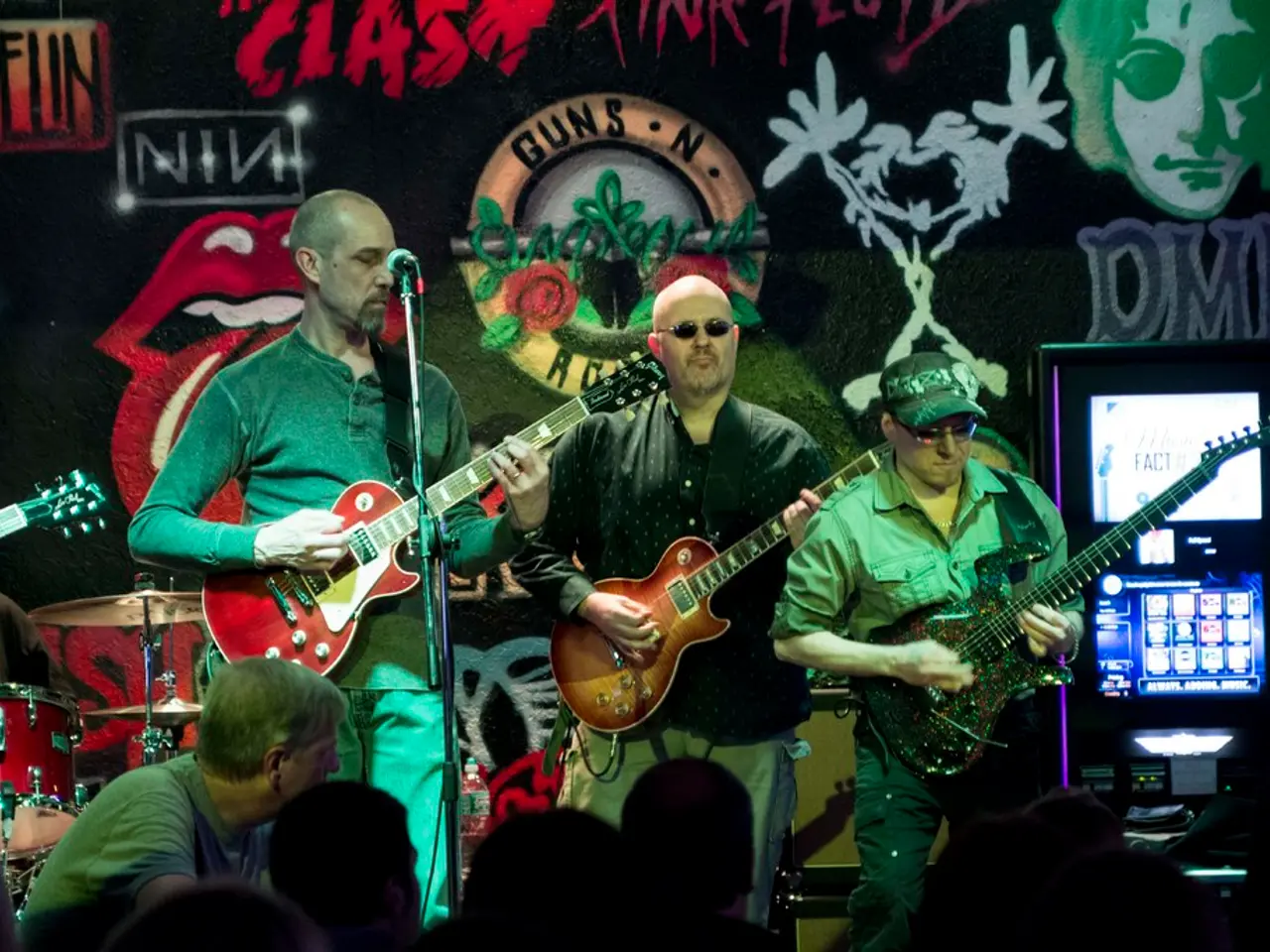Marks the 80th anniversary of the atomic bombing tragedy in Nagasaki, victims remembered
The city of Nagasaki, Japan, commemorated the 80th anniversary of the atomic bombing that occurred on August 9, 1945, with a minute of silence at 11:02 AM local time. This solemn moment was to remember the over 140,000 people who lost their lives instantly or suffered injuries in the bombings of both Nagasaki and Hiroshima.
The Fat Man bomb, a more powerful atomic weapon, was detonated above Nagasaki, resulting in approximately 70,000 instant deaths and 75,000 injuries. The devastating impact of the bombing continues to be felt today, with hundreds of thousands of people still suffering from the physical and psychological effects.
Mayor Shiro Suzuki emphasized the immediate existential crisis for humanity presented by nuclear weapons, calling for a concrete action plan for global nuclear disarmament. His plea echoed the sentiments of Nagasaki's sister city, Hiroshima, where Mayor Kazumi Matsui has repeatedly urged Japan to join the 2017 United Nations Treaty on the Prohibition of Nuclear Weapons (TPNW).
However, Japan has not yet joined or ratified the TPNW, reflecting its alignment with nuclear-armed states’ views and its security reliance on the U.S. nuclear umbrella. Instead, Japan emphasizes working within the Nuclear Non-Proliferation Treaty (NPT) framework, which involves both nuclear and non-nuclear states, as the practical avenue for nuclear disarmament.
Despite this, civil society in Japan and internationally continues to advocate for nuclear abolition through conferences and efforts. These meetings promote solidarity to overcome reliance on “nuclear deterrence” doctrines.
Recent statements by Japanese officials, including Prime Minister Shigeru Ishiba, stress the need for balancing national security with responsibilities towards nuclear disarmament, but within the existing security architecture linked to the U.S. nuclear umbrella.
The world is urged to learn from history, with Nagasaki serving as a reminder of the devastation caused by atomic strikes. The long-term effects of the atomic bombings continue to impact the health and well-being of many people in Japan, underscoring the urgent need for global action towards nuclear disarmament.
- The discussion about the 80th anniversary of the Nagasaki atomic bombing has expanded to include not only general news and politics, but also policy-and-legislation, as global leaders and civil society push for concrete action plans to address war-and-conflicts and nuclear disarmament.
- The efforts for nuclear abolition continue in Japan and internationally, with countless conferences promoting solidarity to overcome the reliance on nuclear deterrence doctrines, a pertinent issue in the ongoing debate about war-and-conflicts and policy-and-legislation.







